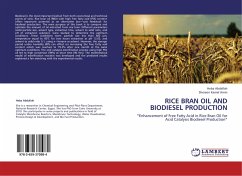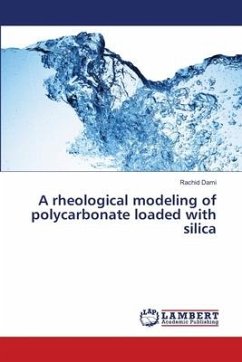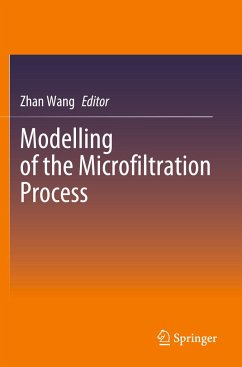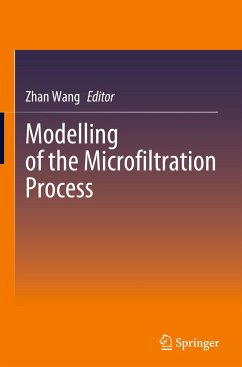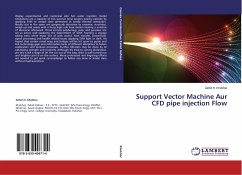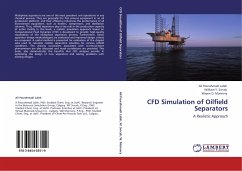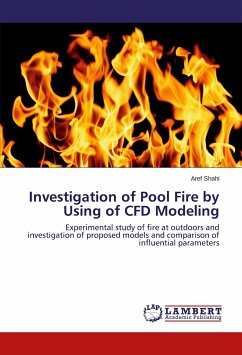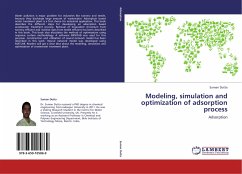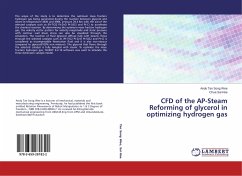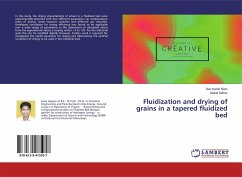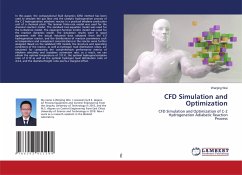
CFD Simulation and Optimization
CFD Simulation and Optimization of C-2 Hydrogenation Adiabatic ReactionProcess
Versandkostenfrei!
Versandfertig in 6-10 Tagen
36,99 €
inkl. MwSt.

PAYBACK Punkte
18 °P sammeln!
In this paper, the computational fluid dynamics (CFD) method has been used to simulate the gas flow and the catalytic hydrogenation process of the C-2 hydrogenation adiabatic reactor in a practical ethylene production unit of a chemical plant. The laminar finite-rate model was used for the chemical reaction model. The standard two-equation model was used for the turbulence model. The exponent-function kinetic model was used for the reaction dynamics model. The simulation results were in good agreement with the actual industrial data obtained from the C-2 hydrogenation reactor, and the distribu...
In this paper, the computational fluid dynamics (CFD) method has been used to simulate the gas flow and the catalytic hydrogenation process of the C-2 hydrogenation adiabatic reactor in a practical ethylene production unit of a chemical plant. The laminar finite-rate model was used for the chemical reaction model. The standard two-equation model was used for the turbulence model. The exponent-function kinetic model was used for the reaction dynamics model. The simulation results were in good agreement with the actual industrial data obtained from the C-2 hydrogenation reactor, and the distributions of reaction parameters such as temperature and component concentrations in the reactor were further analyzed. Based on the validated CFD models, the structure and operating conditions of the reactor, as well as hydrogen load distribution ratios, are simulated for comparing the comprehensive performance metrics of ethylene selectivity and acetylene conversion rate; as a result, we can obtain the optimal temperature of 312 K, the optimal hydrogen/acetylene ratio of 0.10 as well as the optimal hydrogen load distribution ratio of 4:4:2, and the diameter/height ratio exerts a marginal effect.



